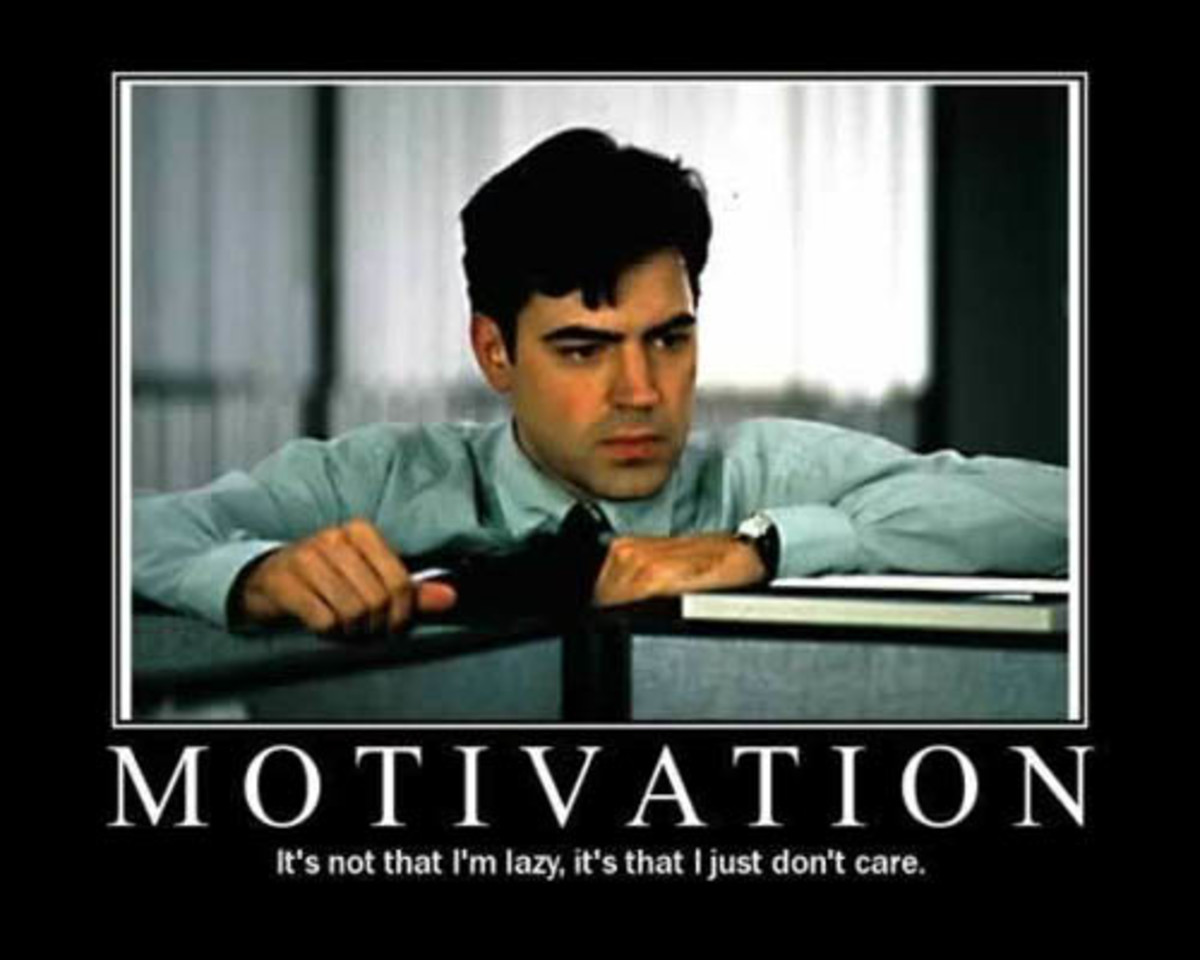The Future of Remote Work: Opportunities, Challenges, and Human Elements

Introduction
The workplace has witnessed a significant change over the past ten years. The emergence of digital technology, cloud-based tools, and high-speed internet has made it increasingly feasible for individuals to work from almost anywhere. At one time, remote work was thought of as a luxury or as an experiment, however COVID-19 made remote work a necessity. Now, while organizations move towards a post-pandemic world of work, remote work is not a temporary solution but a permanent element of our global workforce.
This article will discuss the future of remote work as an effective, sustainable, and optimistic aspect of work, highlighting its opportunities, challenges and the human experience that make it among the most controversial topics in modern work and employment.
The Increase of Work From Home
Before 2020, only few companies took advantage of remote work, of which it was exclusively available to workers in tech jobs, freelancing, or creative industries. The pandemic changed everything, leading to a much more widespread experiment with remote work, even for traditional employers.
Survey data illustrates that around 70 percent of respondents in developed economies said they worked remotely at least once a week at the height of the pandemic. Currently, many companies have reopened their offices, but flexibility remains a preference.
Actually, hybrid work models, in which employees work both from the office and home, are becoming a new normal.
The Advantages of Working Remotely
1. Access to a Global Talent Pool.
Employers can hire talent outside their local market, with access to talent anywhere in the world, creating a cost-effective way to access talent as well as drive diversity.
2. Flexibility for Workers
Remote work permits individuals to organize their days as they want rather than under an imposition of a fixed schedule; ultimately increasing an employee's overall work-life satisfaction. This is especially beneficial for those who are parents, caregivers, or not easily able to travel to an office.
3. Lower Overhead Costs for Organizations:
Organizations save on utility bills, office space/lease, and commuting to business locations. Many organizations, in turn, reinvest these savings back into workplace offerings for their employees.
4. Reduced commutes create less traffic congestion and reduce carbon emissions. Remote work contributes to the ‘green’ movement sustaining the Earth, even in an indirect way.

Challenges of Remote Work
1. Isolation and Mental Health
A significant disadvantage is the loneliness that often comes with remote work. In certain workplace settings, employees have limited opportunities for facetime with coworkers, making employees feel disconnected from their teams and coworkers.
2. Work-Life Balance:
The flexibility that comes with remote work can blur boundaries between personal and work. Many employees working from home often work longer hours than they are scheduled.
3. Technology Gap:
Not every remote office worker has access to high-speed internet or a quiet, distraction-free place at home. This variety in technology creates disparities in performance and productivity of employees.
4. Management Challenges
For employers, remote work reduces their ability to observe worker performance and complicates the task of maintaining team culture. Communication and effective leadership will be increasingly important.
The Human Perspective:
Remote work is about far more than simply tools, policies and efficiencies. It is about the human experience. Some people thrive in remote situations because they enjoy the calmness and autonomy that remote situations provide. Others miss the team's energy and collaboration of working in the office.
For myself personally, I work more effectively remotely because I feel like I am getting work done, alive and breathing without wasting time commuting, and can arrange a comfortable work space at home. There are times when I do miss the face-to-face energy of casually brainstorming with my colleagues, which can't be replicated in a remote environment.
The Best of Both Worlds.
Most experts agree the future is in some kind of hybrid model. This hybrid model has the best of both worlds, where employees can balance flexibility while regularly connecting in person. However, to design an effective hybrid model there still needs to be thinking through specific elements in a plan:
• Articulating clear expectations on in-office requirements
• Identifying equal opportunities for remote and onsite projects
• Maintaining equity when it comes to career growth, recognition and promotions
In my opinion, a three-day remote, two-day remote plan is ideal. This way, people still have time to flex their personal time and responsibilities, and still have enough in-person collaboration to stay aligned with the team.
Skills Required in a Remote Work Era
To thrive in the remote-first world, employees will need to develop a new skill set:
• Digital Communication: Learning to navigate video calls, chat tools and project management tools.
• Time Management: Learning to prioritize work without ongoing oversight.
• Self-Motivation: Learning to be productive without external pressure.
• Cultural Competence: Learning to work with colleagues across the globe.
For me, time management is a big skill that has helped me adjust to remote work. I utilize digital calendars and task lists to help me remain on track during the day. However, I'm still trying to build my skill of staying in focus longer, without distractions from being in the home environment.
The Role of Technology
Remote work is fueled by tools such as Zoom, Slack, Trello, and cloud-based tools. In the next ten years, there will be even stronger technologies to support remote work, including:
• Virtual Reality Meetings - Working in a virtual office that resembles a face-to-face office.
• Artificial Intelligence Powered Project Management - Automation of mundane and routine tasks in the management of work.
• Cybersecurity - An emphasis on how to keep remote data secure.
These advances will not only improve efficiency in workers, but will also redefine the meaning of going to work.
Summary
Remote work is not an exception; it is becoming the standard. It brings enormous benefits of flexibility, working globally, and cost savings - but challenges to mitigate. The future of work will require balancing the technology, company policy, and the human need for connecting and belonging.
I certainly see remote work as the future for industries that depend on digital collaboration. I think there will always be some role for offices, but I do not see remote flexibility going away - organizations that embrace it will have an advantage.
Reference
1. Buffer – State of Remote Work Report 2024
https://buffer.com/state-of-remote-work
2. Forbes – The Future of Work: Remote and Hybrid Models
https://www.forbes.com/sites/forbeshumanresourcescouncil/
3. Harvard Business Review – A Guide to Managing Your Remote Team
https://hbr.org/2020/04/a-guide-to-managing-your-remote-team#mce_temp_url#
4. World Economic Forum – The Future of Jobs Report 2023
https://www.weforum.org/reports/the-future-of-jobs-report-2023
5. Microsoft Work Trend Index
This content is accurate and true to the best of the author’s knowledge and is not meant to substitute for formal and individualized advice from a qualified professional.
© 2025 Scott Clark








